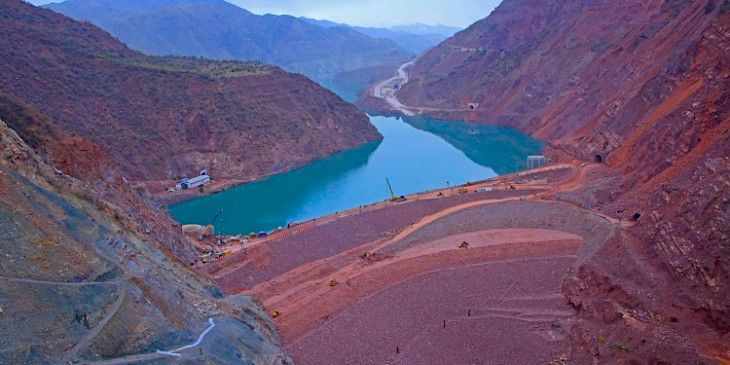The Eurasian Development Bank (EDB) has published a new analytical report diagnosing the drinking water supply and wastewater infrastructure in Central Asia. Bank specialists concluded that to ensure the sustainable development of water supply and wastewater management in the region’s countries, it is necessary to significantly reduce the financing gap, according to the EDB report, Avesta.tj reports.
In particular, Tajikistan plans to invest $0.4 billion in the water supply and wastewater sector from 2025 to 2030. However, EDB experts estimated that the country would require $1.7 billion to fully meet its needs.
The regional financing gap to achieve Sustainable Development Goal No. 6 (Clean Water and Sanitation) is $12.1 billion.
The report also highlights that Tajikistan lacks a specialized state body responsible for housing and utilities policy and development. At the same time, the government oversees and certifies water supply sources and monitors the quality and safety of drinking water.
As part of Tajikistan’s Construction Industry Development Strategy until 2030, the authorities aim to provide 90% of cities with drinking water supply systems and 75% with wastewater systems.
To achieve these goals, the country needs to attract both domestic and external investments totaling $950 million, equivalent to $140 million annually from 2024 to 2030.
Additionally, on the international stage, Tajikistan has proposed a UN resolution project on climate in Bangkok, titled "Strengthening Cooperation on Climate Change and Water Interconnectivity for Sustainable Development in Asia and the Pacific." This document aims to expand partnerships among the member states of the UN Economic and Social Commission for Asia and the Pacific (ESCAP) to achieve Sustainable Development Goal No. 6.
CentralasianLIGHT.org
February 21, 2025

